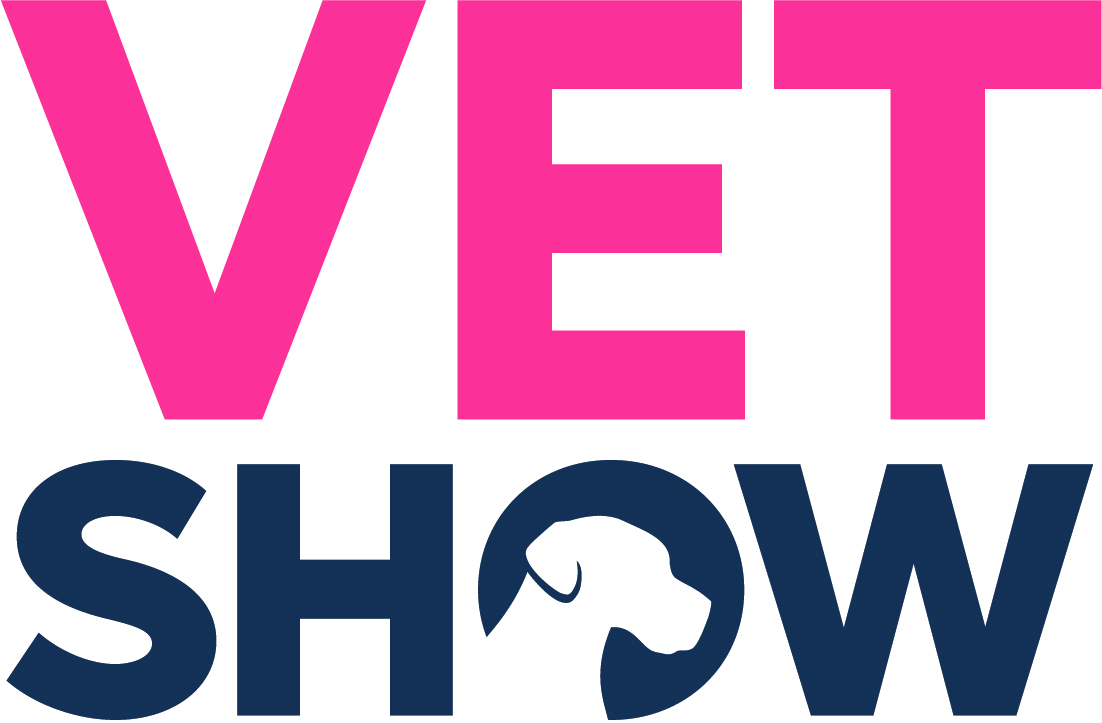Student Corner: D.E.I. (3 Powerful Letters in Veterinary Medicine)
)
This piece was written by Naveesha Kaur Shergill, Chairperson for the International Veterinary Students’ Association’s (IVSA) Committee on Wellness, in partnership with Vet Shows US.
Defining Diversity, Equity, and Inclusion
According to the Global Diversity Practice, diversity is “any dimension that can be used to differentiate groups and people from one another.” It is a mutual understanding that everyone is unique in terms of race, ethnicity, gender, sexual orientation, socioeconomic status, age, physical abilities, religious beliefs, etc. and must be respected as individuals. To me, allowing yourself to accept and embrace diversity means that you are allowing yourself to be educated. I come from a beautiful multi-racial country whose citizens are comprised of Muslims, Hindus, Buddhists, Christians, and Sikhs just to name a few. This has given me the opportunity to learn about their different cultures, customs, traditional attire, cuisine, songs, language, mannerisms, and so much more.
Equity and equality should not be mistaken for being interchangeable as their meanings differ significantly. Equality is when a group of people are given equal access to resources and opportunities, while equity is when the individuals in said group are given different amounts of resources or opportunities (depending on how privileged they are) in order for everyone to have an equal and fair outcome. I remember stumbling upon a picture on Twitter that I felt perfectly represented both the meaning and differences between equality and equity, and will definitely be helpful to others as well:
.png)
“Addressing Imbalance,” by Tony Ruth for the 2019 Design in Tech Report.
Inclusion on the other hand, is an initiative that must be implemented by an organization in order for individuals with different backgrounds to feel accepted, welcomed, and valued. Let’s take my university as an example. Any important announcements that are made typically get distributed as a scanned letter from our Dean which is then circulated via WhatsApp groups. The only issue with this is these announcements are always made in our national language instead of English, a universal language, which has led to multiple misunderstandings involving my international friends.
IVSA’s Survey on Discrimination
I am a 4th year veterinary medicine student and current member of the International Veterinary Students Association (or IVSA for short). Here, I currently serve as the Chair for our Diversity, Equity, Inclusion (DEI) Taskforce that was established earlier this year to determine if our members are facing or have faced discrimination of any kind in IVSA and if so, what are the practices that we can implement to tackle discrimination. One of our very first tasks was creating a discrimination survey that was open for 3 months and accessible to all IVSA members worldwide. I thought it would be good to briefly share our results with the public in the hopes that we all can learn from it.
Under the “Discrimination in University” section, 47% of our members from minority groups (ethnic, racial, sexual orientation and preference, weight, diet, and gender) answered that they have been verbally assaulted or subjected to inappropriate jokes on campus while 50% have been in a situation where a student embarrassed, patronized, or treated them negatively. We asked the same two questions to our members who are of non-minority and found that 13% reported having witnessed a student being verbally assaulted at least once a month and 29% reported having witnessed a student being embarrassed, patronized, or treated negatively at least once a month. When I looked at these numbers, I thought to myself, I really need to do something about this. My team and I decided that the best way to go about this was to organize region-based events, where the issues discussed would depend on issues that were raised in the survey, in that particular region.
Another section of the survey asked similar questions, but this time it was during local IVSA events held in their university, where all attendees are local IVSA members. 77% stated that they disagreed with having been excluded from local IVSA events and being physically assaulted. At the end of this section, 77% of our members said that they do not feel discrimination is an issue at local IVSA events while the remaining 23% were unsure. Although most of our members may feel safe from discrimination, there still is a certain percentage of those who do not. Our approach to resolve any discrimination at a local level is to have region-based events again, as well as re-promoting our Code of Conduct to our IVSA Member Organizations. Not only does the CoC have strict guidelines and instructions on behavior at both physical and virtual events, but it also states that the IVSA Executive Committee has the power to act on such behaviors any way they deem fit which includes a ban from future events.
Every year, IVSA has Symposiums and Congresses organized by a host country where we all come together to form a General Assembly as this is the highest decision-making body in IVSA. We were hoping to get more of an insight on whether or not our members have ever experienced discrimination during our global events. Based on our survey, 81% of our members feel like discrimination is not an issue in IVSA Global events while 14% answered otherwise and the remaining 5% were unsure. The taskforce agreed to appoint multiple people from our team of Officials to act as “Conducts and Ethics Officers” who would specifically be in charge of handling any unwanted behavior during all of our global events, and bring it up to the Executive Committee. Reports can also be sent in via email to our code of conduct account if someone wishes to avoid confrontation.
To Conclude
The future of this Taskforce is uncertain as of now because we have yet to analyze our survey further and are hoping to get more information, particularly from our 6 regions, possibly by releasing a more region-based survey. I believe our work is far from complete, but we are in the process of coming up with an efficient and inclusive solution for all the challenges we will be dealing with, be it spreading awareness through events or appointing an anti-discrimination officer at all our events. As an international association, we truly hope IVSA will become the inclusive organization our members deserve.
Did you know students can also join us at the third edition of Vet Show @ Home? On June 21-23, join the veterinary community in the biggest online event of the year. Gain access to over 90 hours of content from top speakers, networking opportunities, and so much more. 100% FREE. Register today to save your spot!
_
For press inquiries, please contact i.perlman@closerstillmedia.com

